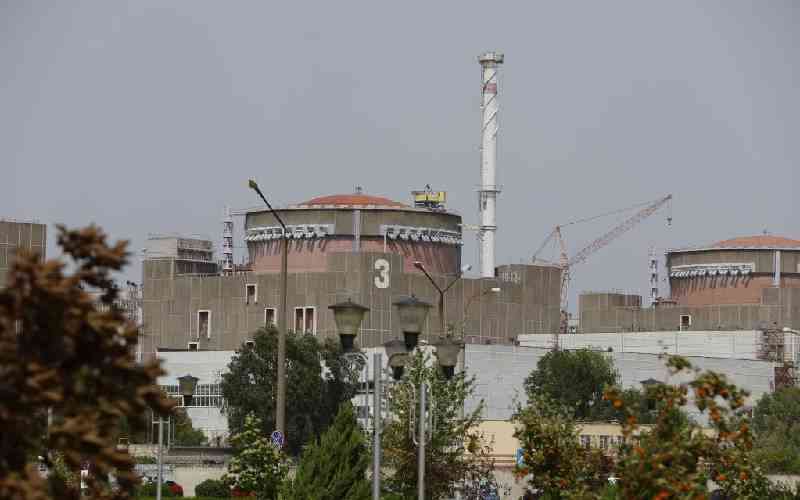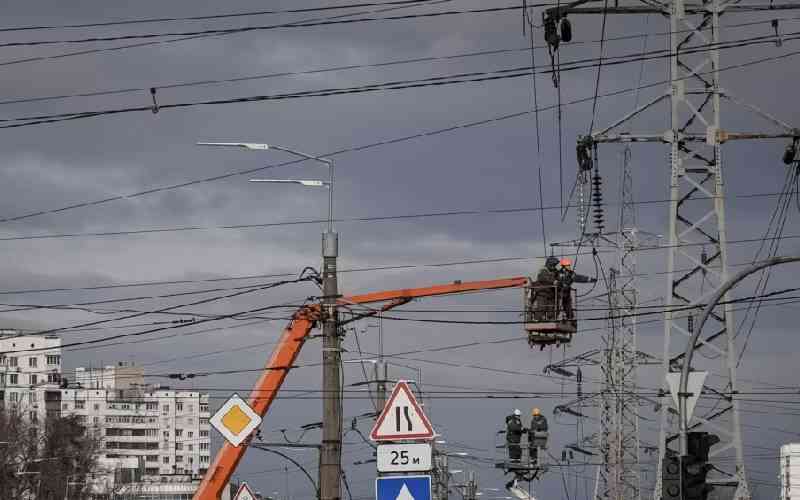By Isaac Kalua
[email protected]
Made in Kenya. The day these three words will appear on quality products in Europe, the US, China and elsewhere in the world is the day that Kenya will have arrived on the industrial stage.
Nearly all cars on our Kenyan roads have these three words emblazoned on them — made in Japan. That’s why Japan has the world’s third largest economy whose GDP is $4.8 trillion. Made in China. These three words can be found on a spectrum of products across the country. That’s why China has the second largest economy of a $10 trillion GDP. Our farms and roads are replete with machinery made by American firms like Caterpillar. It’s no surprise then that the US is the largest economy in the world with a GDP of $17.5 trillion.
It’s simple — Africa needs to start making stuff that will be so good that the rest of the world will be more than happy, even eager to buy at competitive prices. That’s what industrialisation is all about. However, the US and China, the world’s biggest economies, are also the biggest polluters! To a certain extent, they have sacrificed sustainability on the altar of industrialisation. We should not repeat this mistake.
We can learn from the mistakes of developed nations and choose an industrialisation path that also leads to sustainability. One of the ways of doing this is by anchoring both existing and new industries in renewable energy.
Cogeneration, also known as Combined Heat and Power, is a form of energy that is particularly suited for industries. Cogeneration is the concurrent production of electricity and heat from a single fuel source such as natural gas, biomass, bio gas, coal, waste heat or oil.
Industries can, therefore, produce their own electricity by investing in cogeneration plants. This will save them energy in the mid and long term.
Cogeneration empowers industries to produce the electricity that powers them. Cogeneration is not a preserve of a select few industries. It can encompass manufacturing, food processing, health care, chemical and primary metal production.
As Kenya revs up its manufacturing, steps up its food processing and rolls out new industries, cogeneration must be at the core. It will lower energy costs and open up new revenue streams. But it cannot be a widespread reality in the country without sufficient policy support.
It is in the best interest of industries to integrate cogeneration into their energy frameworks. The government must entrench this fact into policies that will power clean, sustainable and optimal industrialisation in Kenya.
Think Green, Act Green.
The writer is the founder and chairperson, Green Africa Foundation and runs a blog on conservation —www.isaackalua.com
 The Standard Group Plc is a
multi-media organization with investments in media platforms spanning newspaper
print operations, television, radio broadcasting, digital and online services. The
Standard Group is recognized as a leading multi-media house in Kenya with a key
influence in matters of national and international interest.
The Standard Group Plc is a
multi-media organization with investments in media platforms spanning newspaper
print operations, television, radio broadcasting, digital and online services. The
Standard Group is recognized as a leading multi-media house in Kenya with a key
influence in matters of national and international interest.
 The Standard Group Plc is a
multi-media organization with investments in media platforms spanning newspaper
print operations, television, radio broadcasting, digital and online services. The
Standard Group is recognized as a leading multi-media house in Kenya with a key
influence in matters of national and international interest.
The Standard Group Plc is a
multi-media organization with investments in media platforms spanning newspaper
print operations, television, radio broadcasting, digital and online services. The
Standard Group is recognized as a leading multi-media house in Kenya with a key
influence in matters of national and international interest.









